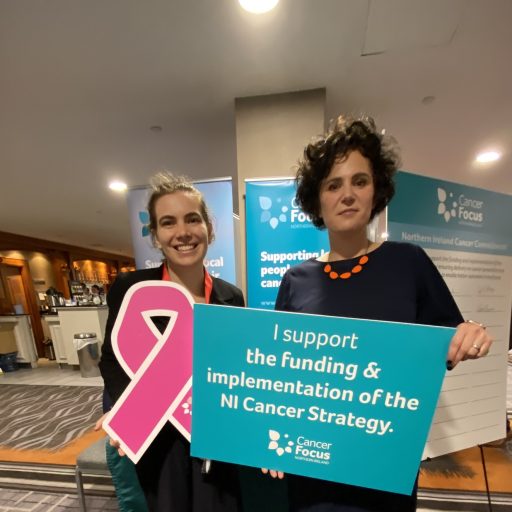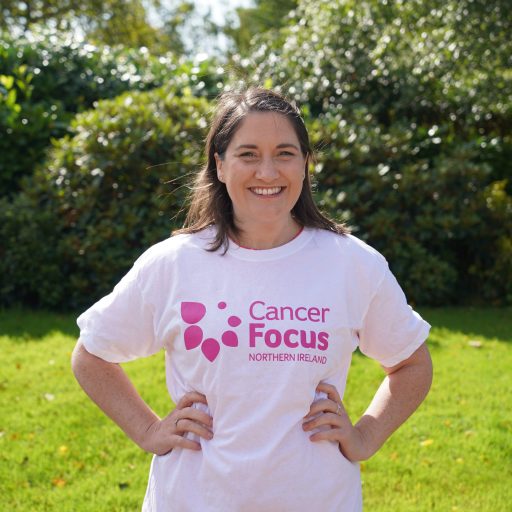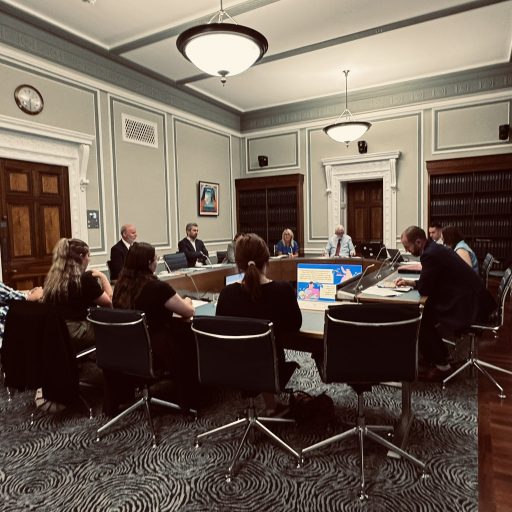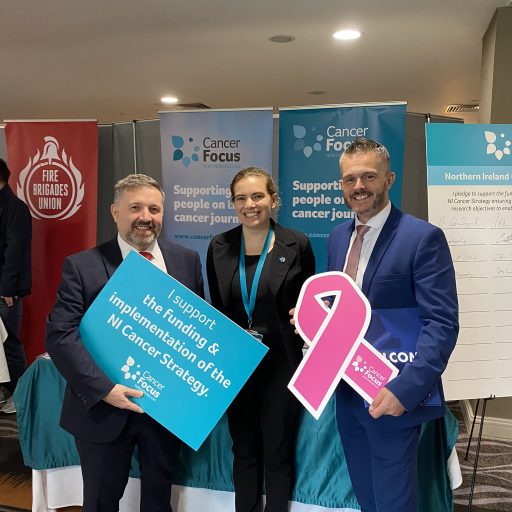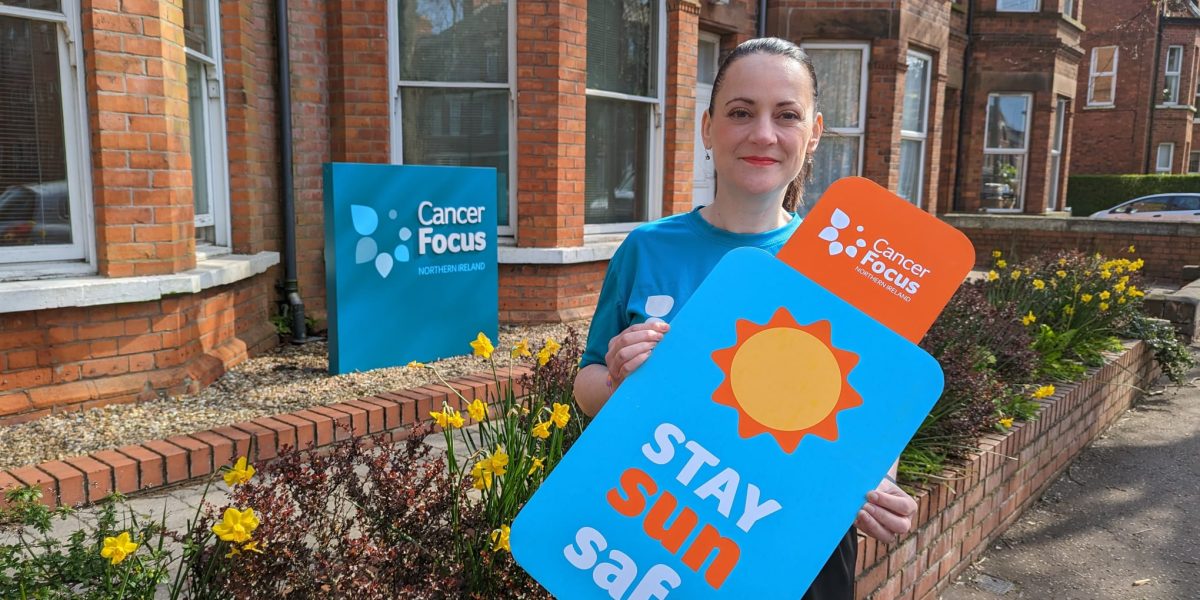
Top Sun Awareness Week Tips for Protecting your Skin
This Sun Awareness Week (1-7 May), the Public Health Agency (PHA) and Cancer Focus Northern Ireland are encouraging everyone to be UV aware and to follow our top tips on getting the best from your sunscreen and reducing your risk of skin cancer.
This year’s campaign focus will be on the need for sun protection in the UK climate, aiming to tackle misconceptions that sun protection is rarely needed here.
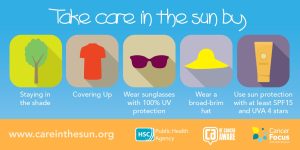
The Solar UV Index shows how much solar radiation is reaching us from the sun and how careful we need to be. Ultraviolet (UV) levels vary with the seasons and time of day, but when the UV index is three or above we need to protect our skin and eyes, so it’s important to know what the UV index is going to be throughout the day where you are.
Denise McCallion, Health Improvement Manager at the PHA, said: “Sunlight is important for our overall health and wellbeing. However, too much UV radiation from the sun can cause damage to the skin and lead to skin cancer. In fact, according to the charity Skcin, around 90% of all skin cancers are caused by over-exposure to UV radiation from the sun and/or sunbeds. This means that the majority of all skin cancers are preventable by undertaking simple sun protection measures.
“In Northern Ireland the UV levels are often 3 or more, even on cool or cloudy days, and the rays from the sun can be strong enough to damage our skin and eyes. Your skin is damaged by sun exposure over your lifetime, whether you burn or not. So, as the days get longer and the sun gets stronger, it is important for everyone to spend time in the shade, cover up and wear hats and sunglasses, and get the best use from your sunscreen to help protect your skin from cancer.”
Doreen Regan, Skin Cancer Prevention Coordinator at Cancer Focus NI, said that it’s important to remember the care in the sun messages both at home and abroad: “Everyone is at risk of UV damage, but certain groups are particularly at risk including babies and children, those with fair hair and skin, outdoor workers and people with a family history of skin cancer. Just one episode of sunburn, especially in childhood, can double the lifetime risk of malignant melanoma, the most serious form of skin cancer.”
When choosing sunscreen, it’s important to get one that offers protection against both UVA and UVB rays which can speed up skin ageing, cause burning and increase the risk of developing skin cancer.
To reduce your exposure to UVB rays, your sunscreen should be at least SPF15, but higher SPF (Sun Protection Factor) will give more protection. Also make sure it has a UVA rating of 4 or 5 stars, or displays the EU logo for UVA protection.
How you apply your sunscreen also affects how well it protects you. Most people don’t apply enough sunscreen to achieve the stated levels for SPF and UVA protection for the product.
To maximise protection against UV damage, at least six full teaspoonfuls of sunscreen lotion are needed for an all over body application for an average adult, which is more than half a teaspoon of sunscreen to each arm, over half a teaspoon for the face and neck (including the ears), and just over one teaspoon for the front of your body, just over one teaspoon for the back of your body, and just over one teaspoon for each leg.
To give a good level of protection, sunscreen needs to be applied generously 30 minutes before you go outdoors, then reapplied every two hours or more frequently after swimming, sweating, or towelling the skin.
To find out more visit www.careinthesun.org/sunscreen
Most mobile phone weather apps now display the current UV in your area so check this out before heading out.
If you are concerned about skin cancer you can call the Cancer Focus NI free information and support NurseLine on 0800 783 3339 or email nurseline@cancerfocusni.org


